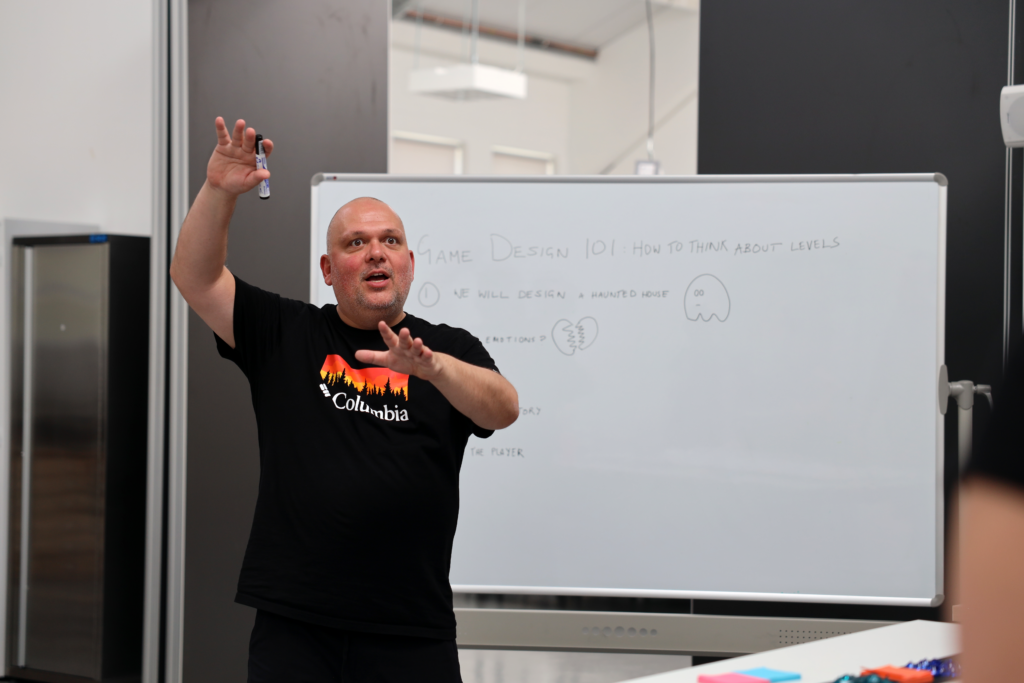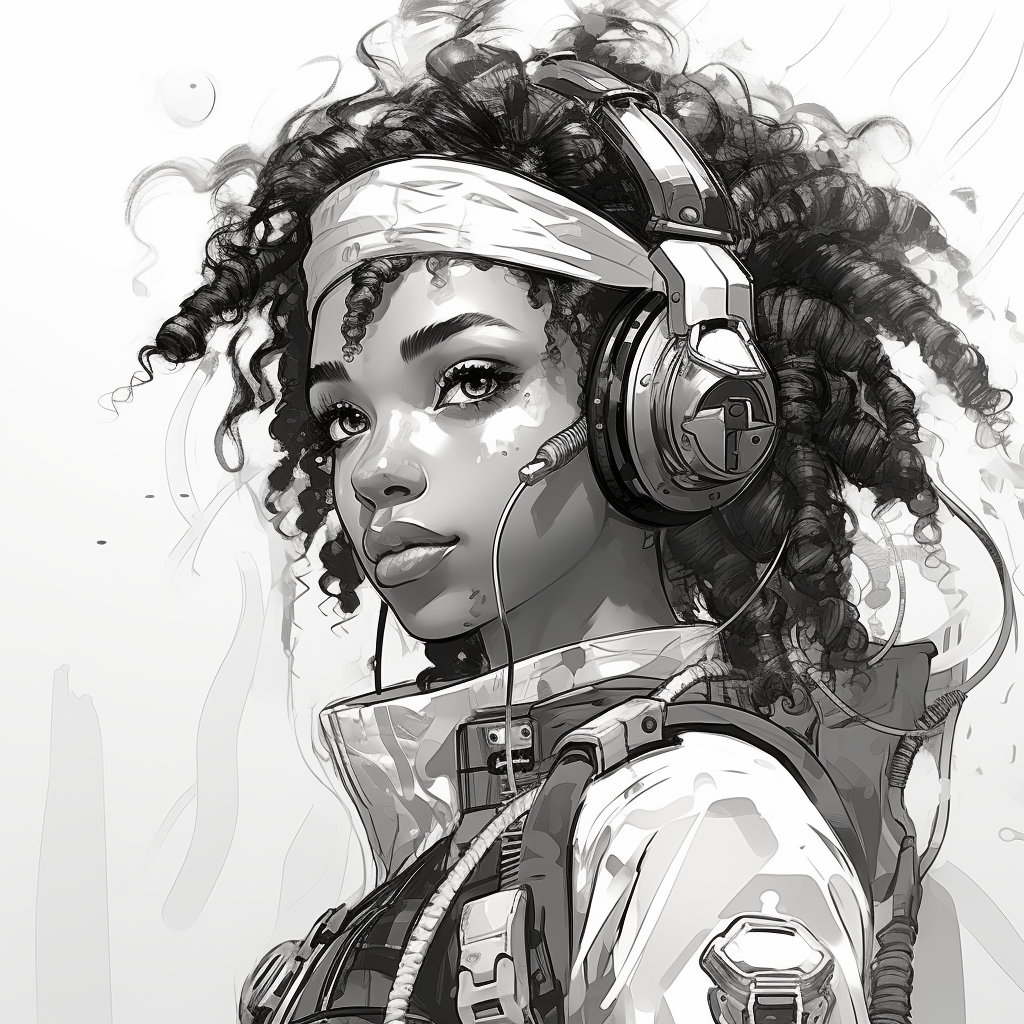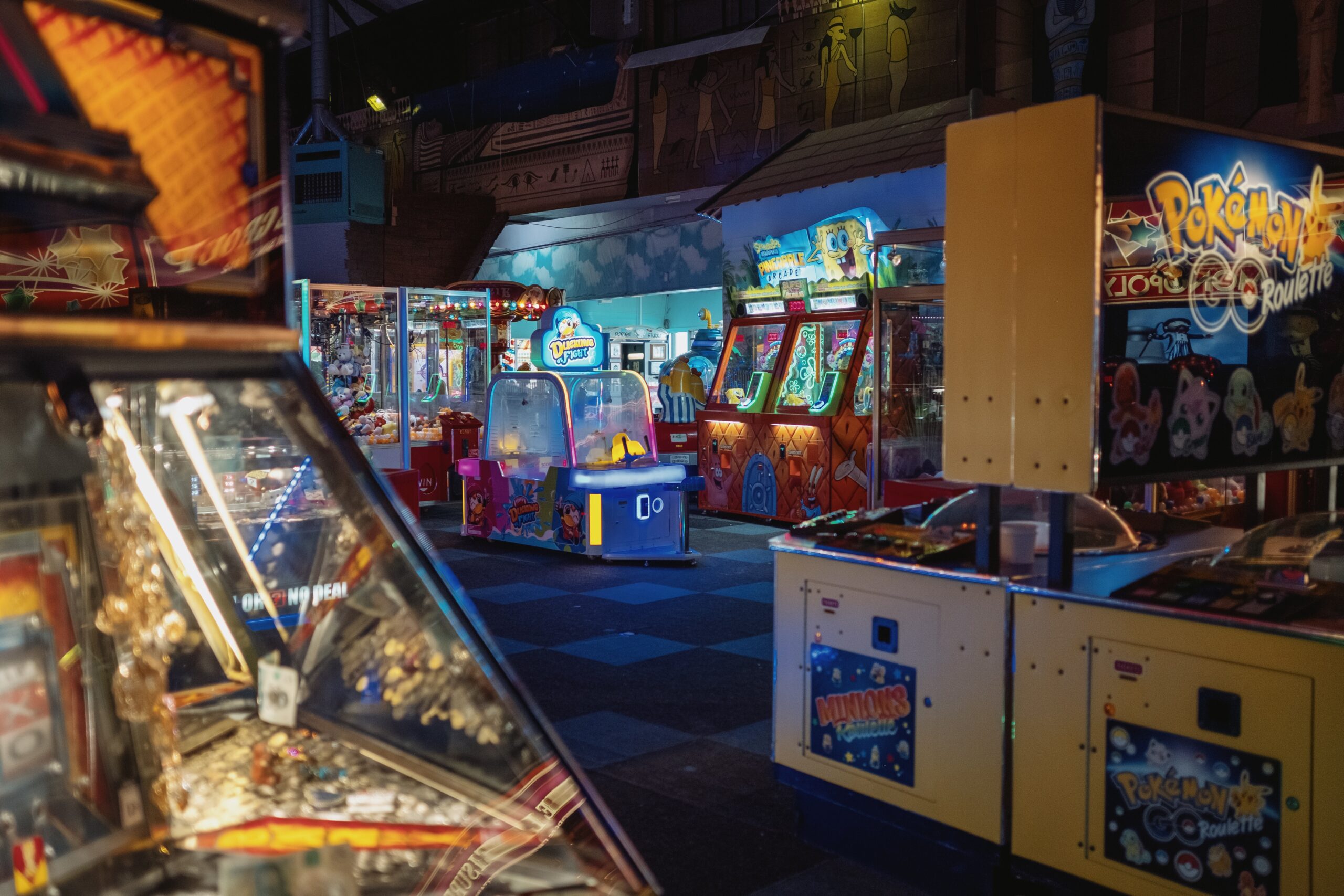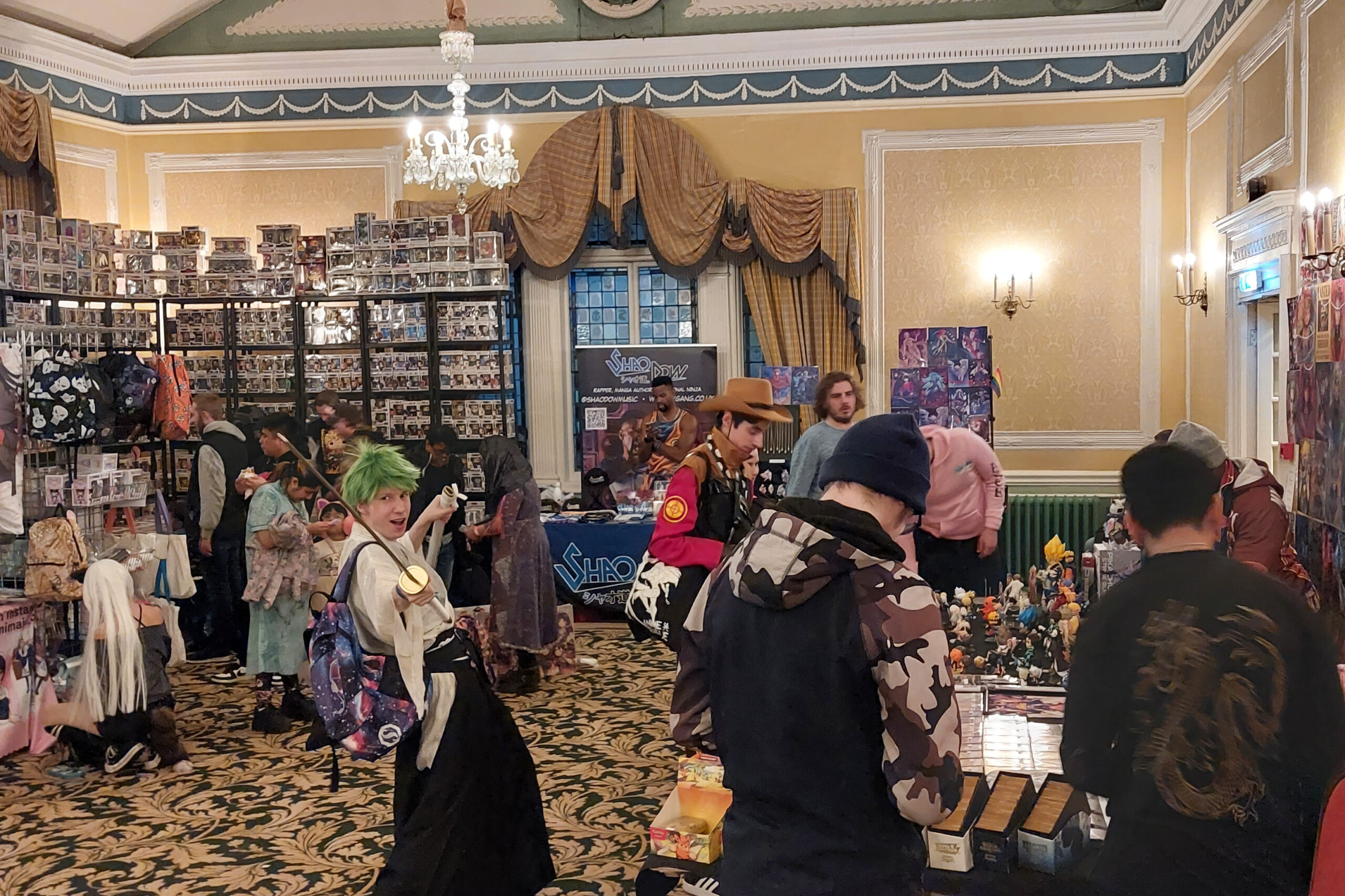In the world of video game design, generating innovative and engaging ideas is crucial. In a recent webinar hosted by Screen and Film School’s Dean of Creative Technology, Nick Rodriquez, the discussion opened on the notion that ideation isn’t merely about waiting for ‘eureka!’ moments. Nick explained that it involves a structured and iterative approach that combines preparation, creativity, and feedback. Read on to discover Nick’s insights from the live webinar.
Read the rest of the series:
Essential Games for Aspiring Video Game Students
What I Wish I Knew Before Becoming a Games Designer
Designing Effective Levels in Video Games
The Art of World-Building in Game Design
The Process of Ideation
Ideation is a continuous process. While many envision idea generation as sudden light-bulb moments, these moments often result from extensive groundwork. The foundation of good ideas, Nick explained, lies in a well-understood process of preparation and development.
A key aspect of this process is engaging in activities outside of one’s main vocation. Nick prefers the term ‘avocation’ to ‘hobby’, as it emphasises the importance and depth of commitment these activities often entail. These avocations play a crucial role in inspiring creativity and generating novel ideas.

Commonplace Books: A Tool for Idea Generation
One effective tool for collecting and processing ideas is the ‘commonplace book’. Unlike a traditional notebook, a commonplace book serves as a repository for thoughts, observations, quotes, and inspirations.
Writing things down is a powerful method for processing and retaining information, far superior to digital alternatives such as taking photos or typing notes on a phone. This personal space allows for the free jotting down of anything of interest without judgment, creating a mental and physical archive of potential ideas that can be revisited and refined over time.
Understanding the Audience
A fundamental aspect of game design is understanding the audience. Extensive research and engagement with potential users are essential to grasp their needs and preferences.
Creating personas—fictional characters that represent different user types—can help designers keep their target audience in mind throughout the development process. For instance, designing games for teens and tweens requires different considerations compared to games for adults, highlighting the importance of knowing one’s market.
Techniques for Generating Ideas
Nick outlined several expert techniques for generating a large number of ideas, recognising that quantity often leads to quality. He suggested that some effective methods include:
Morphology Matrices
This technique involves creating a table of attributes related to the problem and systematically combining them to generate new ideas. For example, a matrix for a game’s level design might include attributes such as geography, buildings, and characters.
Factor Nudging
This method takes an existing idea and makes a slight modification to one of its elements to create something new and innovative. For instance, a standard poker game can be transformed by making the deck malleable, allowing players to change the deck while playing, as seen in the game Balatro.
What-If Scenarios
Asking “what if” questions helps explore different possibilities and outcomes. This simple yet powerful technique can lead to innovative concepts by challenging existing assumptions and exploring alternative scenarios.
Initial ideas are often the most conventional, but by continuing to generate ideas, designers can delve into more creative and unexpected territory.
The Importance of Generating Many Ideas
Generating a large number of ideas is essential because it pushes beyond the obvious and encourages more innovative thinking. Initial ideas are often the most conventional, but by continuing to generate ideas, designers can delve into more creative and unexpected territory. This process often involves producing many bad or impractical ideas, but the goal is to explore a wide range of possibilities.
Feedback and Collaboration
Feedback is crucial in refining ideas. Seeking feedback early and often helps identify weaknesses and areas for improvement. One effective approach is to request what Nick referred to as “one-star reviews” from trusted friends and family, asking them to provide the harshest possible critique. This method helps designers anticipate the worst-case scenarios and improve their concepts accordingly. However, it’s important to discern which feedback is constructive and which can be set aside, as not all suggestions will be useful.
Nick’s workshop underscored that idea generation in video game design is a structured, iterative process that benefits greatly from external influences, continuous documentation, and early feedback. By adopting these practices, designers can enhance their creative output and develop more innovative and engaging games.
The session concluded with a call to embrace the commonplace book and to constantly feed one’s creativity through diverse experiences and continuous learning. Nick said that the key is to embrace the process of generating numerous ideas and to remain open to new and unexpected inspirations.
ARE YOU INTERESTED IN BECOMING A GAME DESIGNER, ARTIST OR DEVELOPER AT SCREEN AND FILM SCHOOL?
Sign up to one of our Open Days:
OPEN DAYS
Find out more information on our Creative Technology courses by clicking below:



